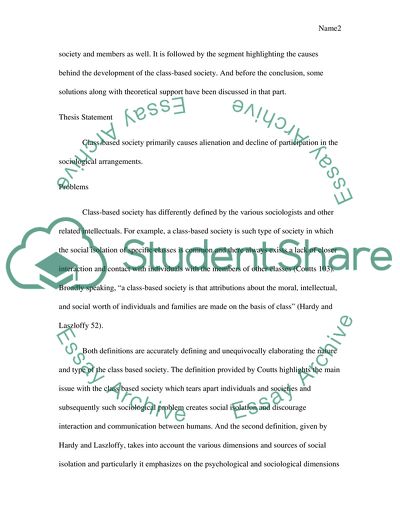Cite this document
(“The sociological problem of the rise of spectatorship and decline of Essay”, n.d.)
Retrieved from https://studentshare.org/sociology/1648377-the-sociological-problem-of-the-rise-of-spectatorship-and-decline-of-direct-participation-in-society
Retrieved from https://studentshare.org/sociology/1648377-the-sociological-problem-of-the-rise-of-spectatorship-and-decline-of-direct-participation-in-society
(The Sociological Problem of the Rise of Spectatorship and Decline of Essay)
https://studentshare.org/sociology/1648377-the-sociological-problem-of-the-rise-of-spectatorship-and-decline-of-direct-participation-in-society.
https://studentshare.org/sociology/1648377-the-sociological-problem-of-the-rise-of-spectatorship-and-decline-of-direct-participation-in-society.
“The Sociological Problem of the Rise of Spectatorship and Decline of Essay”, n.d. https://studentshare.org/sociology/1648377-the-sociological-problem-of-the-rise-of-spectatorship-and-decline-of-direct-participation-in-society.


